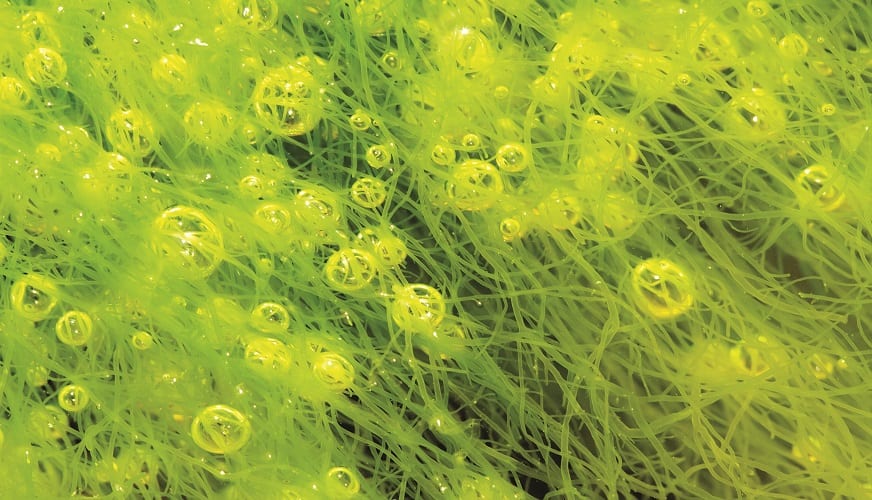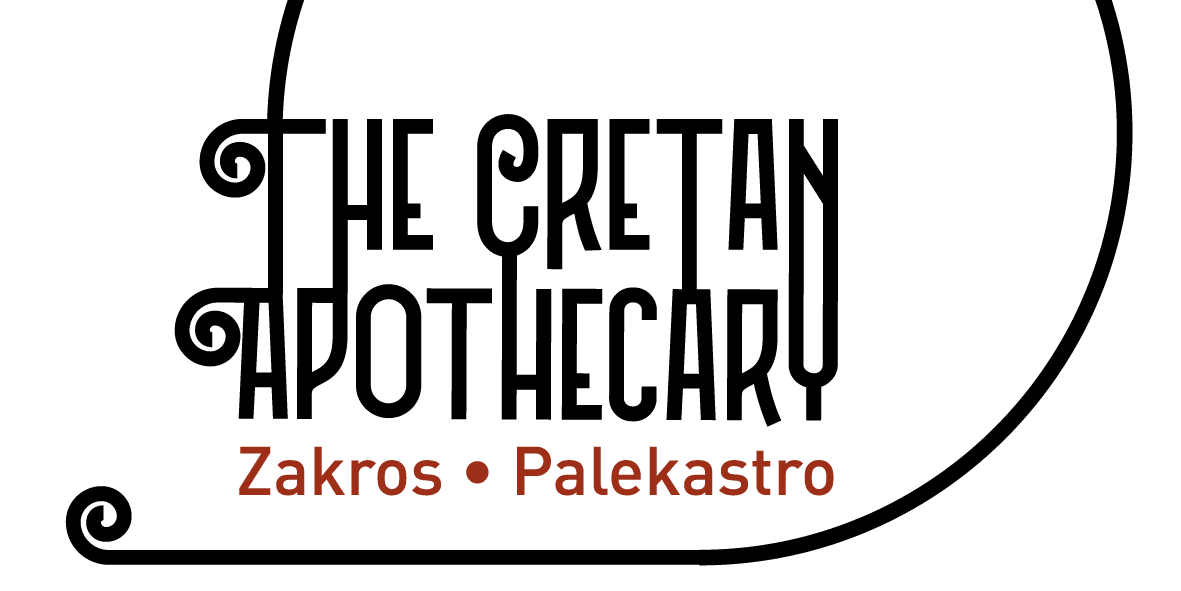
Our skin is a mirror reflecting everything that happens in the human body. The aging process is a complex phenomenon whose 20% is owed to genetic factors while 80% comes from the effect of external conditions.
More specifically, the acceleration and impact in aging depend mainly from the environment, meaning ultraviolet radiation (photoaging), oxidative stress (environmental pollution) as well as everyday habits (smoking, bad nutrition) and even stress to a smaller extent. Every day we are exposed to oxidant stressful factors through our nutrition, our living environment, our metabolic products and through the modern way of living in general.
At APIVITA we have created a unique combination of Nannochloropsis gaditana microalga extract & propolis extract which shields skin from photoaging. Two unique effective ingredients, propolis, which is an ingredient carrying the APIVITA history and DNA, and Nannochloropsis gaditana microalga, which is the result of two years of research in the biochemical laboratory of APIVITA. This is the first time that the extracts of Nannochloropsis gaditana microalga & propolis were combined in cosmetics.
Propolis is a resinous substance produced by bees. Its composition varies according to the fauna in the bees’ geographical location and its period of collection. It contains in average 50% resins, 30 % wax, 10% fragrance ingredients, 5% pollen and 5% of various ingredients. The bioactive ingredients of propolis are polyphenols, terpenes, steroids, as well as sugars and aminoacids. Its main polyphenols are flavonoids and phenolic acids. Thanks to its high antioxidant content, propolis creates protection against premature aging, by suspending the damaging free radicals created by UV radiation.
The Nannochloropsis gaditana microalga is a microalga of the Mediterranean. Algae and especially microalgae are the main source of bioactive compositions which can be used as operating ingredients, such as carotenoids, phycobilins, fatty acids, polysaccharides, peptides, vitamins and sterols. However, from the approximately 30,000 kinds of microalgae that we believe exist, only a few thousand stems are kept in collections around the world, only a few hundreds have been studied for their chemical content and only five have been cultivated in industrial quantities. Studies on sea microalgae highlight their use as cosmetics ingredients. More specifically, it appears that they have anti-allergic, anti-inflammatory properties. Moreover, the microalgae suspend the activity of the hyaluronidase enzyme, which breaks the collagen fibers in the skin, destroys the natural hyaluronic acid produced in the body, and therefore deactivates it from composing collagen and elastin molecules. This deters the formation of new collagen and elastin, and it causes premature aging and skin loosening.
The 3D PRO ALGAE offers important photoaging protection on two levels. This is confirmed through the protective role against photo-oxidative stress played by the propolis extract, thus reinforcing the cells’ ability to produce collagen and elastin. Moreover, the N. gaditana extract also works in that direction, confirming its protective role against oxidative stress through the activation of fibrillin, thus reinforcing the skin’s elasticity, as this protein offers the structure for the proper formation of elastin in the skin. This action was observed through in vitro studies in APIVITA’s biochemical lab, within the context of the ALGAECOM European research program.
Source: apivita.com

